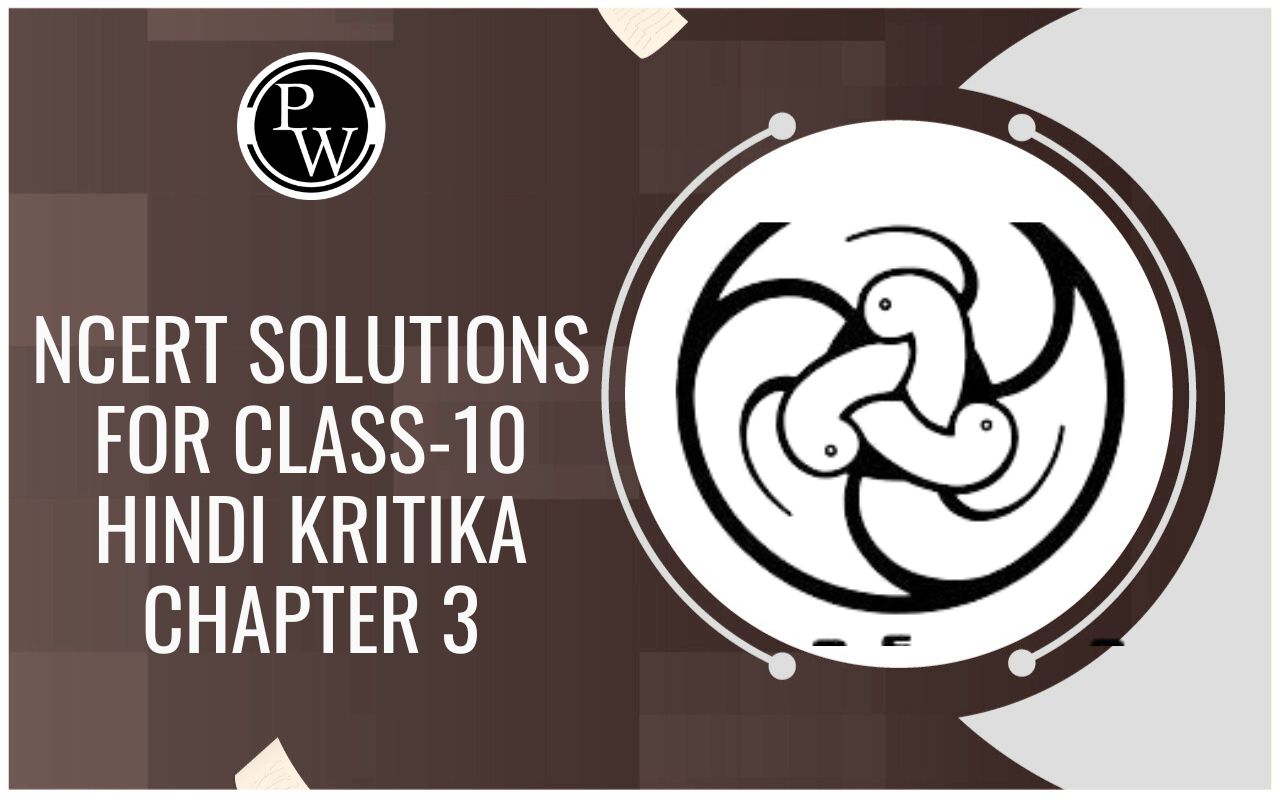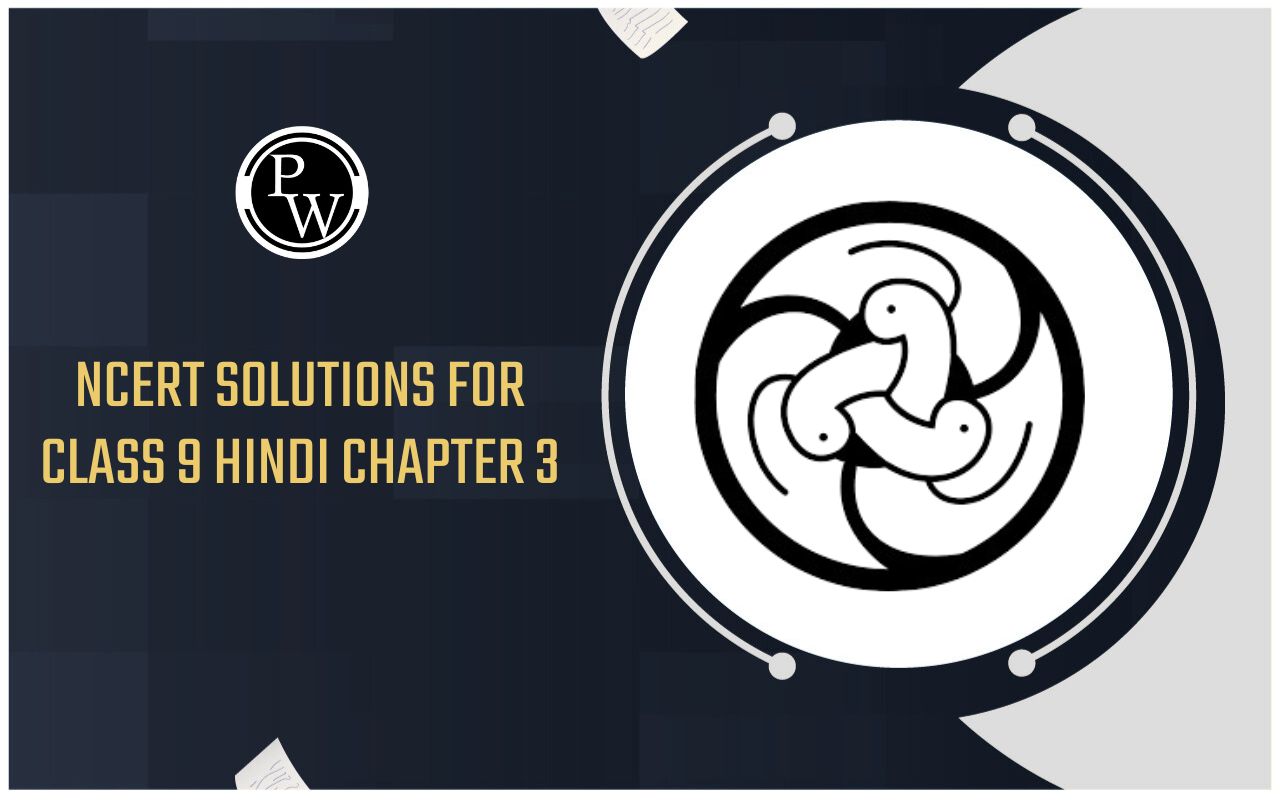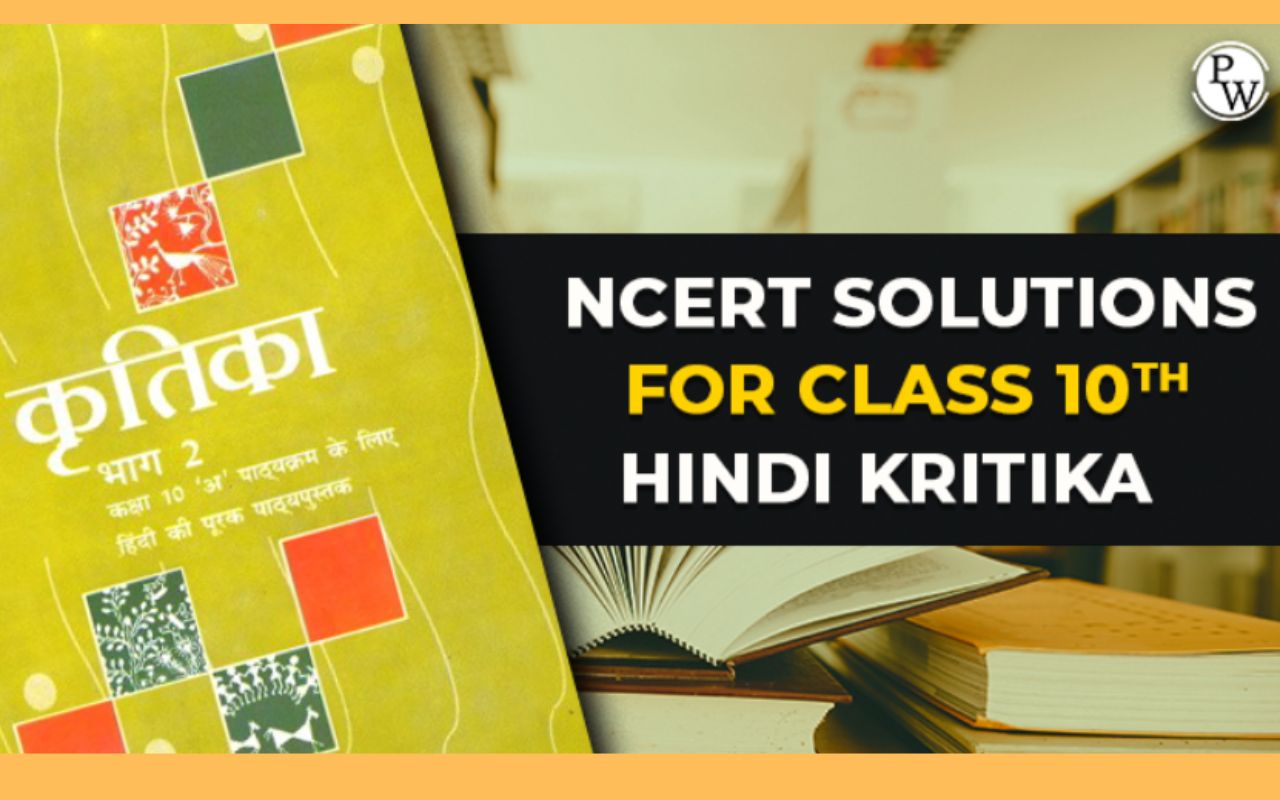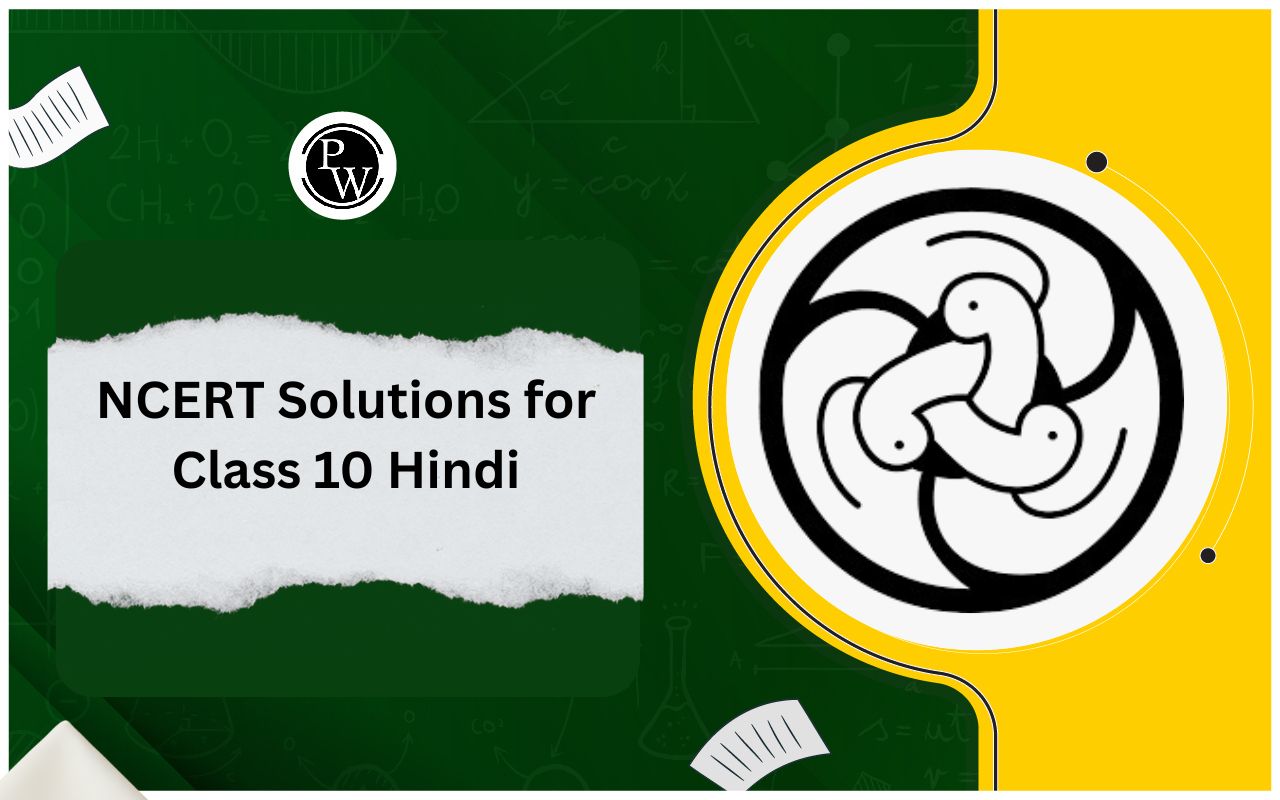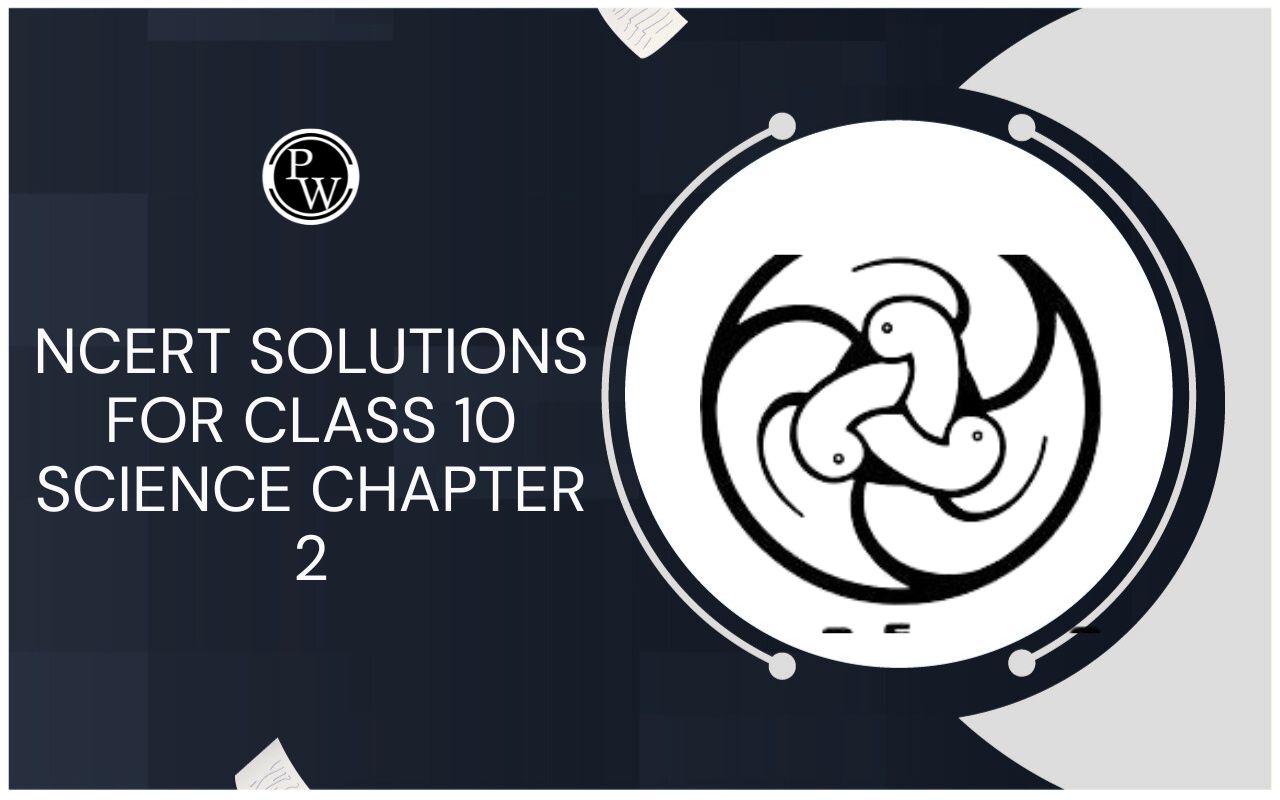
Limitations Of Octet Rule
May 09, 2023, 16:45 IST
Chemical bonding holds atoms or ions together in a compound through sharing, transferring, or exchanging electrons. Kössel and Lewis provided a satisfactory explanation of valence based on the inertness of noble gases. Lewis postulated that atoms achieve a stable octet when linked by chemical bonds. Learn more about the octet rule in this article.
| Table of Content |
Introduction
The octet rule is a fundamental principle in chemistry that asserts that most chemical elements tend to react in a manner that enables them to attain a stable configuration of eight valence electrons in their outer shell, similar to noble gases. This configuration is stable and inert, and the octet rule is crucial in explaining and predicting the formation of chemical bonds between atoms.
What is Octet Rule?
In 1916, Kössel and Lewis formulated the electronic theory of chemical bonding, which explains how atoms combine in chemical reactions. According to the octet rule in chemistry, most atoms tend to bond with other atoms to achieve a stable outer shell with eight valence electrons. This stable configuration is comparable to that of noble gases, which have a complete outer shell and exhibit low reactivity.
Examples of Octet Rule
- Aluminum possesses 13 electrons, of which 3 are valence electrons. Its goal is to eliminate 3 valence electrons to attain a neutral state. Once it loses these 3 valence electrons, the total number of electrons will reduce to 10, making it similar to the element Neon.
- Selenium comprises 34 electrons, of which 6 are valence electrons. Its objective is to acquire 2 valence electrons to attain the stable octet configuration of 8 electrons. After obtaining these 2 valence electrons, the total number of electrons in Selenium will increase to 36, making it analogous to the element Krypton.
Limitations of Octet Rule
- The octet rule does not apply to all elements. For example, some atoms can form stable molecules with fewer or more than eight electrons in their valence shell. Such atoms include hydrogen, helium, lithium, beryllium, boron, and phosphorus.
- a Elements in the d-block have valence electrons that can occupy more than one shell, and thus the octet rule does not apply to these elements in the same way as it does to main group elements. For example, Third row elements, like phosphorus and sulfur, can form stable systems by sharing eight or more electrons because d-orbitals hold up to ten electrons.
- Boron (Z=3) is the first nonmetal in the second row, and it cannot fulfill the octet rule by bonding with only three hydrogen atoms, even though it needs to bond with five hydrogen atoms to fulfil the rule.
- Boron can only bond with three hydrogen atoms, forming an electron-deficient molecule called borane (BH 3 ) that is highly reactive and unstable.
- The octet rule is a simplified model that does not fully explain the complexities of chemical bonding, such as the role of hybrid orbitals, resonance, and the importance of molecular geometry.
- The octet rule does not provide a comprehensive understanding of the magnetic properties of molecules. Some molecules with an odd number of electrons or an even number of electrons that are not paired may exhibit magnetic properties that are not predicted by the octet rule.
Frequently Asked Questions (FAQs)
Q1. What is the octet rule?
Ans. The octet rule is a principle in chemistry that asserts that most chemical elements tend to react in a manner that enables them to attain a stable configuration of eight valence electrons in their outer shell, similar to noble gases.
Q2. Does the octet rule apply to all elements?
Ans. No, the octet rule does not apply to all elements. Some atoms can form stable molecules with fewer or more than eight electrons in their valence shell.
Q3. What are some examples of elements that do not follow the octet rule?
Ans. Hydrogen, helium, lithium, beryllium, boron, and phosphorus are some examples of elements that do not follow the octet rule.
Q4. What are the limitations of the octet rule?
Ans. The octet rule does not apply to all elements. It is a simplified model that does not fully explain the complexities of chemical bonding, such as the role of hybrid orbitals, resonance, and the importance of molecular geometry.
Q5. What is borane, and why is it highly reactive?
Ans. Borane is an electron-deficient molecule formed by boron bonding with three hydrogen atoms. It is highly reactive because it does not fulfil the octet rule and is electron-deficient, making it reactive towards electron-rich substances.

